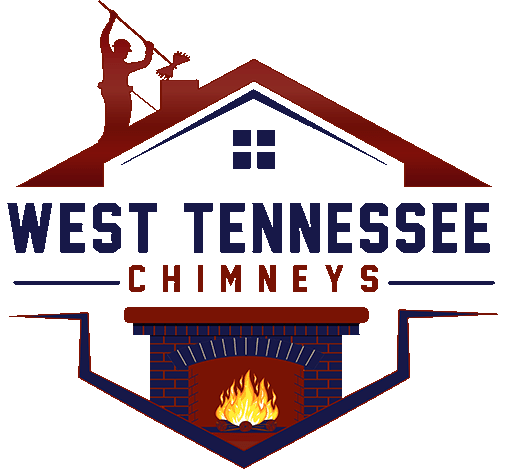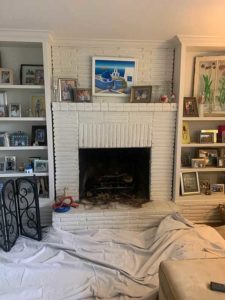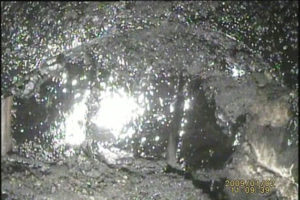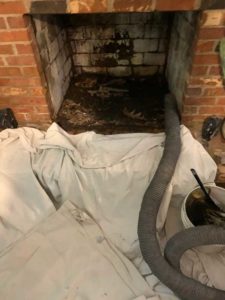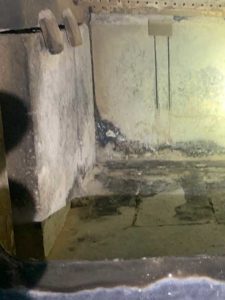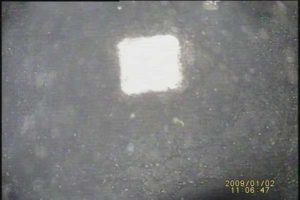Trust Our Techs With Your Chimney Cleaning Services
The National Chimney Sweep Guild (NCSG), the Chimney Safety Institute of America (CSIA), and the National Fire Protection Association (NFPA), all agree that:
- Residential chimneys should be inspected annually.
- Chimneys should be swept if creosote deposits have a thickness of 1/8th inch or more.
Fortunately for homeowners in Jackson and the surrounding area, we’re here to help with it all.
What Is Creosote?
Creosote is the substance that forms in your flue as you burn wood in your fireplace. It’s black or dark brown, clings to the chimney walls, and it’s very flammable. It can take on a few different forms, but no matter what type you’re dealing with, one thing remains true – if not regularly cleared out, your chances of experiencing a chimney fire will increase significantly.
How Often Do I Need a Cleaning?
Like we said, all chimneys should be inspected annually. That said, the time frame for chimney cleanings is a little harder to calculate and can vary between homeowners. A few things to consider are…
How often do you burn fires in your fireplace?
Since creosote forms as fires are burned, the more you use your fireplace and chimney, the more creosote you’ll end up with. If you tend to burn a lot throughout the cooler months, you may need to book cleanings more often.
Do your fires burn hot and quick or long and slow?
Longer, slower-burning fires create slower-moving smoke. This gives it more time to cool, condense, and stick to your flue walls, creating creosote.
What type of fuel are you burning?
If you’re burning wet/unseasoned firewood, cardboard, trash, outdoor debris, artificial logs, or anything other than seasoned wood, you’re allowing more toxins and fumes into your chimney, which will then encourage buildup.
How regularly do you have the chimney system inspected?
The more diligent you are about scheduling annual inspections and investing in prompt repair services (as needed), the less likely you are to have excessive creosote deposits.
How Can I Avoid Creosote?
There are ways to use your fireplace to make creosote accumulation less of a problem. These include:
- Burning only seasoned firewood.
- Burning hot, fast-moving fires.
- Ensuring you have good draft and proper airflow.
- Investing in regular inspections and maintenance.
- Warming your flue before burning fires.
That said, there is no way to avoid it altogether, so be sure to get cleanings booked per your sweep’s recommendations.
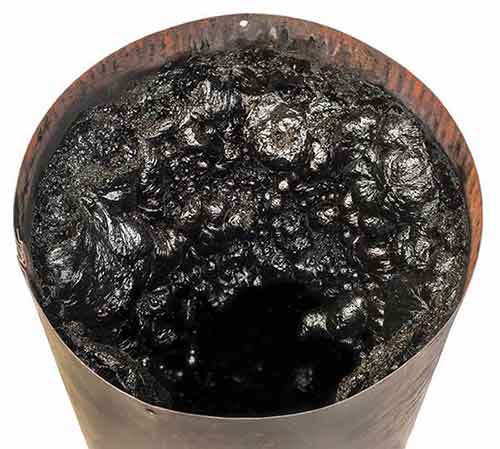
What to Expect From Us
The CSIA-certified chimney sweeps here at West Tennessee Chimneys perform thorough cleanings. We don’t rush the job or take shortcuts. Rather, we ensure all buildup is out and that your risk of experiencing fire hazards or clogging is reduced dramatically. We know your safety depends on it, so it’s a job we take seriously.
Worried about your home? This is a service that is notorious for being messy, but rest assured, our technicians have swept countless chimneys and have it down to a science. We protect your home during the chimney cleaning process, treating all of your belongings with care and respect, so that everything stays clean and intact.
Get the Protection You Deserve – Call Now
Chimney cleanings aren’t something you can put on the back burner. If you’re hoping to light fires with ease during the cooler months, investing in necessary cleanings is a must. Keep your home warmer and better protected by counting on us for it all.
Book online or call us at 901-483-5113 today to claim your spot.
Our chimney and vent service specialists can perform whatever chimney relining services you need to make your chimney safe to operate.
